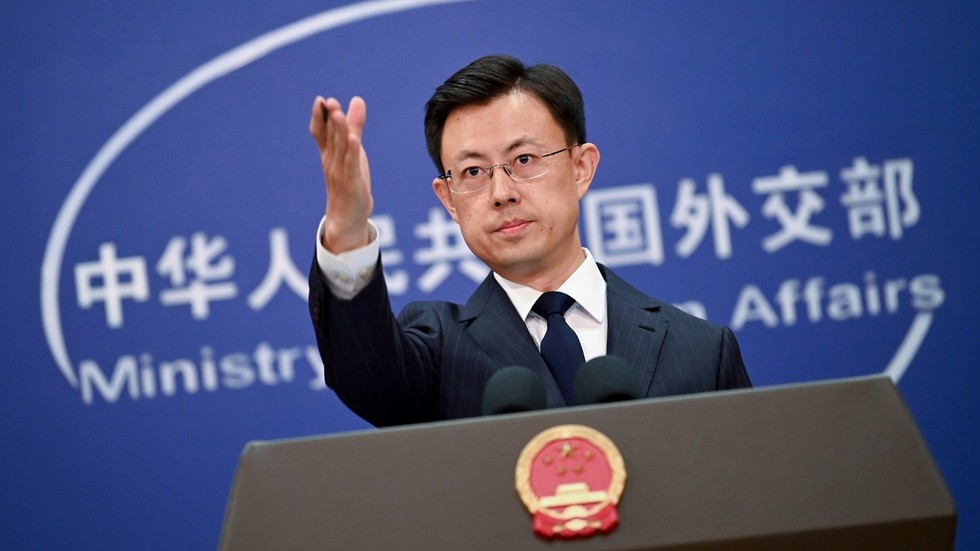Amid escalating trade tensions, China has firmly rejected U.S. threats to impose additional tariffs targeting its energy purchases from Russia, vowing to uphold its economic sovereignty. The Chinese Foreign Ministry defended its trade policies as lawful and aligned with national interests, responding to criticisms from Washington that such deals indirectly fund Moscow’s actions in Ukraine.
U.S. President Donald Trump has recently intensified pressure on major importers of Russian crude oil, including China and India, arguing that these transactions undermine efforts to resolve the Ukraine conflict. His administration has framed tariffs as a tool to address perceived unfair global trade practices. Chinese Foreign Ministry spokesperson Guo Jiakun countered these assertions during a Friday press briefing, stating Beijing’s partnership with Moscow is transparent and consistent with international norms. “Our economic and energy collaborations with Russia, and other nations, are conducted legally,” Guo emphasized. “China will always prioritize policies that safeguard its national interests.”
The diplomatic clash underscores deepening divisions between Western powers and emerging economies. China and Russia have repeatedly characterized their alliance as a strategic bulwark against unilateralism, accusing the U.S. of seeking to preserve a unipolar world order. India and Brazil, fellow members of the BRICS coalition alongside China and Russia, have also pushed back against U.S. tariff measures. New Delhi labeled Washington’s actions “unfair and unreasonable,” while Brasília condemned recent trade restrictions linked to Brazil’s domestic politics.
Trump explicitly tied July’s tariffs on Brazil to the ongoing legal proceedings against former President Jair Bolsonaro, who faces allegations of conspiring to overturn the 2022 election of his successor, Luiz Inácio Lula da Silva. This move has further strained U.S. relations with BRICS nations, which collectively represent nearly a quarter of global GDP. The group has been accused by Trump of challenging the U.S. dollar’s dominance in international finance, prompting threats of retaliatory trade measures.
As economic alliances reshape, the dispute highlights competing visions for global governance. Emerging economies advocate for a multipolar system, while the U.S. seeks to fortify its economic leverage. With energy security and trade policies at the forefront, the confrontation signals prolonged friction between established and rising powers in an increasingly fragmented geopolitical landscape.
